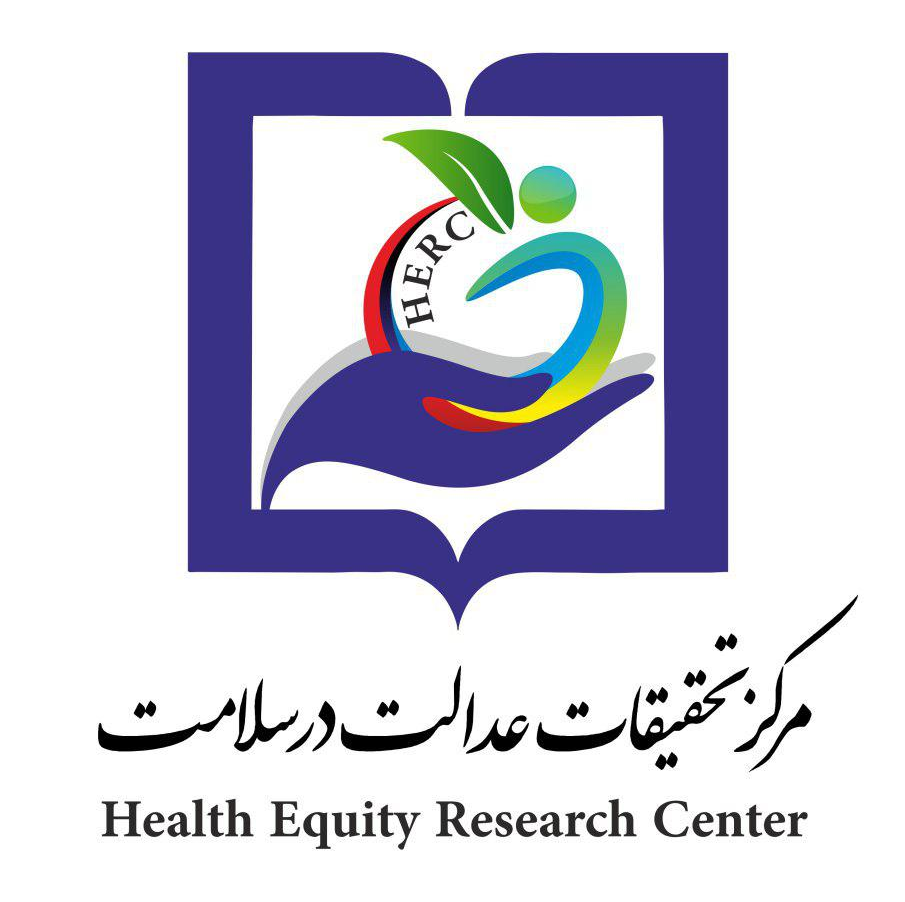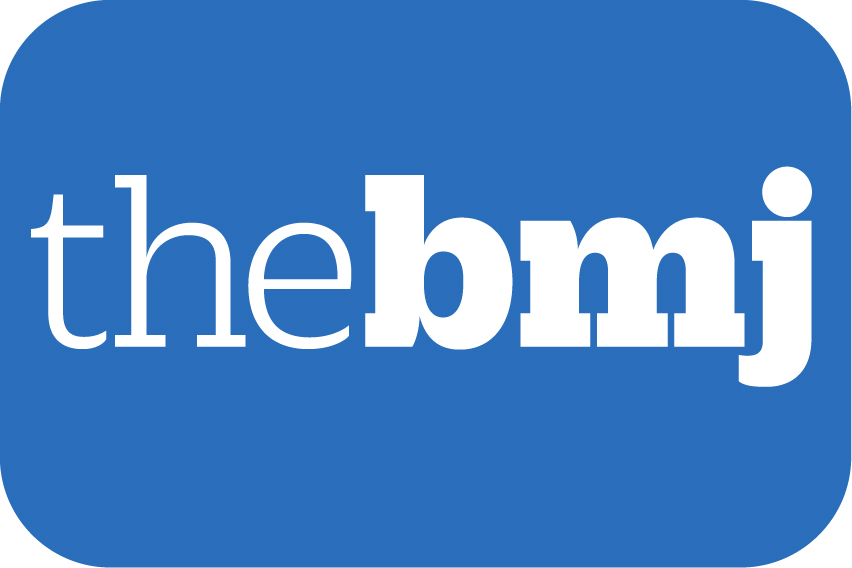Abstract
Objective:
Despite a high number of the internationally produced and implemented clinical guidelines, the adherence with them is still low in healthcare. This study aimed at exploring the perspectives and experiences of senior doctors and nurses towards the barriers of adherence to diabetes guideline.
Setting:
The Palestinian Primary Health Care-Ministry of Health (PHC-MoH) and Primary Health Care-United Nations Relief and Works Agency for Palestine Refugees in the Near East (PHC- UNRWA) in Gaza Strip.
Methods:
Qualitative design was employed using the theoretical framework by Cabana et al to develop an interview guide. Semi-structural and audio-recorded interviews were conducted. Data were transcribed verbatim and thematically analyzed.
Participants:
Individual face-to-face in-depth interviews were conducted with 20 senior doctors and nurses who were purposefully selected.
Results:
The key theme barriers identified by participants that emerged from the analyzed data were in regard of the
PHC-MoH lack reimbursement, lack of resources and lack of the guideline trustworthiness, and in regard of PHCUNRWA the time constraints and the lack of the guideline trustworthiness. The two key subthemes elicited from the qualitative analysis were the outdated guideline and lack of auditing and feedback.
Conclusion:
The analysis identified a wide range of barriers against the adherence to diabetes guideline within the PHC-MoH and PHC-UNRWA.The environmental-related and guideline-related barriers were the most prominent factors influencing the guideline adherence. Our study can Inform the policy makers and senior managers to develop a tailored interventions that can target the elicited barriers through a multifaceted implementation strategy.



No responses yet